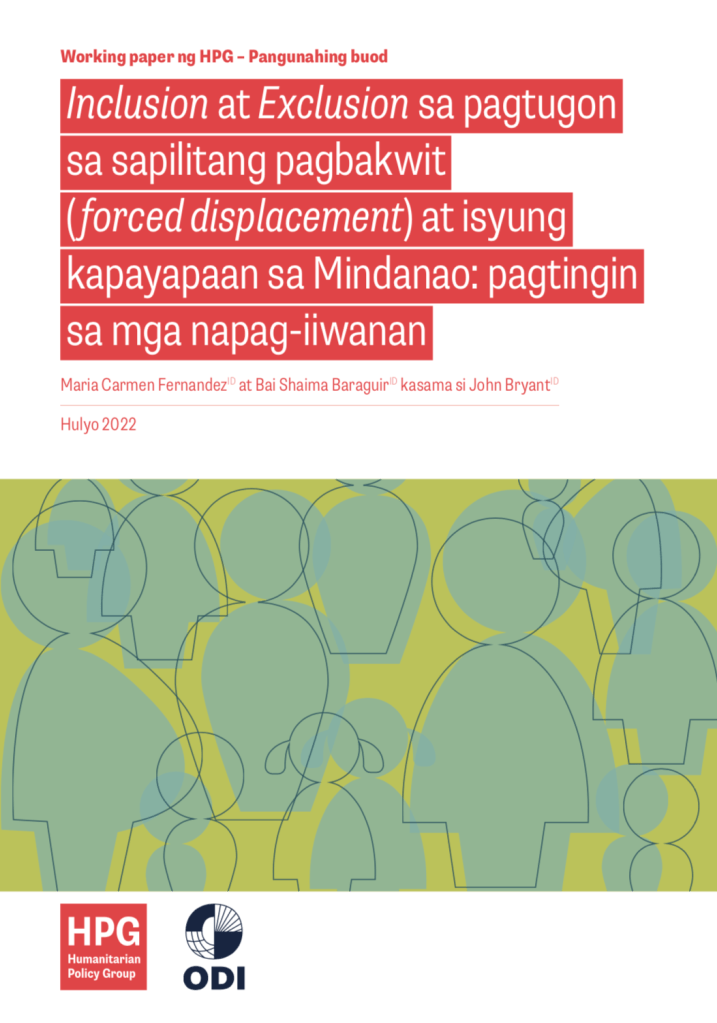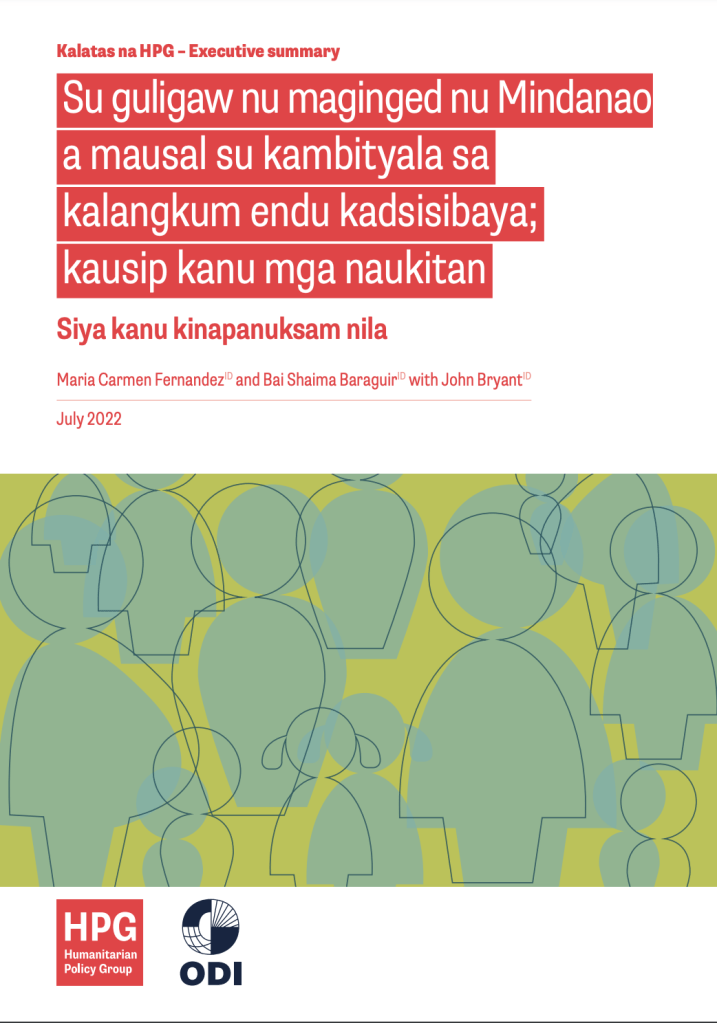No better time to update this website than when you’re procrastinating on more important deadlines.
So here’s a few recent(ish) podcasts I ended up guesting on in the last year-and-a-bit but never got around to documenting due to the madness that was 2022. Apparently it’s a valid academic platform now, go figure.
1. In the Public Square Episode 1: Civil Society Under Marcos Jr. 1 June 2022
For the pilot episode of veteran journalist John Nery’s online show In the Public Square, Vince Lazatin and I got roped into talking about prospects for civil society engagement under Marcos Jr. Hat-tip to the friends and colleagues whose exchanges I heavily (and confidentially) paraphrased for this convo. At the time, I felt that two things were important amidst the fog: that 1) now (read=the beginnings of the Marcos Jr admin) was the time to engage, not withdraw; and 2) k-pop stans and motorcycle/shimanong Viber groups are the future. Watch:
2. Podkas: Hindi Na Bago Yan! On Urbanization Challenges – 21 May 2022
45 minutes of ranting on the urbanisation challenges ng Pilipinas with some of my favourite young historians. Bleak, but fun!
https://open.spotify.com/episode/4DKkU27iU62icaVzUshQxi?si=vNplyHpvTSuMmAxmLROpGA

3. Flipscience/ Ask Theory – Paano dapat suriin ang datos sa pagtugon sa mga krisis at sakuna? 21 March 2022
Was in Iligan that day in the midst of heavy fieldwork in the aftermath of Typhoon Odette, so listen to me ranting about post-crisis reconstruction in Marawi and Maguindanao as a #WomanInSTEM. This is probably one of the more coherent times where I am able to describe what the hell exactly I do for the PhD. Funnily, host Mikael Francisco was one of the more fun and on-the-ball students in a class I taught in one of my past lives in UP Diliman. Can barely remember anything from that period (was it introductory research writing or literature? who knows?). Thirteen years ago, to be exact. We old. https://open.spotify.com/episode/56eYYetixmRcYbw3z4hgyV?si=xvqm7pyZQdeFVN1_-UXaWw




